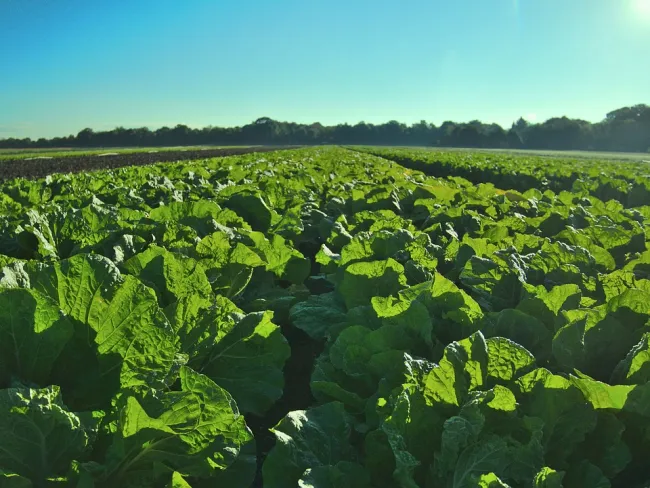This paper explores how the agricultural sector in the European Union (EU) might be affected by partial shifts in European consumers’ diets towards the EAT-Lancet reference diet. The impacts vary by sector, with the production of animal-sourced foods likely to fall and production of fruit and vegetables likely to increase. Overall, agricultural income is projected to rise as a result of the dietary shifts.

The two main scenarios involved either a 10% or 30% shift from current diets in the direction of the EAT-Lancet diet by 2030. These scenarios were also extrapolated linearly to 2050. Another scenario looked at a full shift to the EAT-Lancet diet by 2050. In general, demand for red meat, dairy and sugar would fall, while demand for fruits, vegetables, cereals and legumes would increase.
The study uses models to assess the impacts of these scenarios on the prices received by producers, production and international trade, agricultural income and greenhouse gas emission.
Across all of the scenarios, the prices received by farmers decrease for those foods now in lower demand (beef, pork, milk, sugar) and increase for fruit and vegetables. Since the models are driven by an assumed change in demand, it is not clear whether they account for any possible effects of lower prices in driving consumption of these products back up again.
The projected changes in EU food production are generally smaller than the changes in demand, because of changes in international food trade. The increased demand for fruit and vegetables results in greater domestic production and greater imports from non-EU countries, while production of meat in the EU declines and levels of meat exports to non-EU countries increase.
Across the EU, total agricultural income would rise to different degrees in all scenarios because of the shift to fruit and vegetable production with higher prices. However, the effects vary by country and subsector. For example, Germany would likely lose agricultural income in the short term because it specialises in animal products.
Abstract
The implications of dietary changes for the environment and for human health are well documented, but the impacts on the agricultural sector are less well researched. We fill this gap by specifying scenarios in which European consumers' diets approximate the EAT-Lancet dietary recommendations to varying degrees and estimate the effects on agricultural production, incomes and emissions using an agro-economic modelling framework. The combination of different models allows for a detailed assessment of consequences for the agricultural sector from the global through European NUTS2 level to the farm level at different time scales. Shifting European consumption towards the EAT-Lancet recommendations leads to decreasing production of animal-based products, while production of fruits and vegetables increases sharply. The results indicate that the agricultural sector could benefit from a dietary shift, though the results are mixed at country, regional and farm levels. In particular, countries and regions that are highly specialised in animal farming are likely to lose income—at least in the short run—while regions with higher shares of vegetable and fruit farms can expect income gains. In Germany, pig and poultry farms may experience losses of up to 34% of their income, whereas farms with a high share of vegetables could gain more than 30% in income. Our results have implications for the policies to assist these extensive structural adjustments in response to widespread dietary changes.
Reference
Rieger, J., Freund, F., Offermann, F., Geibel, I. and Gocht, A., 2023. From fork to farm: Impacts of more sustainable diets in the EU‐27 on the agricultural sector. Journal of Agricultural Economics, Early View.
Read the full paper here. See also the TABLE explainer What can be done to shift eating patterns in healthier, more sustainable directions?




Comments (0)